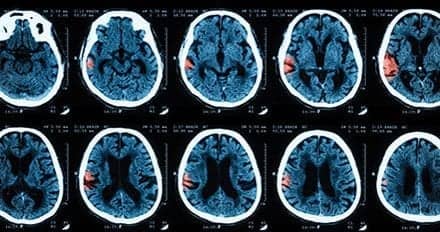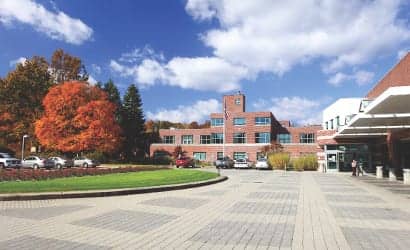Marilyn K. Glassberg, MD, professor of medicine and surgery at the University of Miami Miller School of Medicine, has won approval from the U.S. Food and Drug Administration (FDA) to conduct the first U.S. clinical trial of mesenchymal stem cells as a potential therapy for patients with idiopathic pulmonary fibrosis (IPF).
“Most of these patients walk into my office with their burial plots ready to go, and want to know how many more months they have,” said Glassberg, who has conducted many of the available studies on potential therapies for idiopathic pulmonary fibrosis. “Wouldn’t it be nice if I could say, ‘You know what? You’re going to get a lot more months now.’ If stem cells work, it’s a new lease on life.”
Joining Glassberg in testing the therapeutic potential of intravenous mesenchymal stem cells for the disease characterized by progressive shortness of breath and irreversible loss of lung function is Joshua Hare, MD, the Louis Lemberg Professor of Medicine and director of the Interdisciplinary Stem Cell Institute (ISCI). Glassberg’s application to the FDA, which authorized a phase 1 trial with nine patients who will receive escalating intravenous doses of donor mesenchymal stem cells during a brief hospital stay, was inspired by Hare’s research in cardiac stem cell therapies. While reading his 2009 study in the Journal of the American College of Cardiology that demonstrated the capacity of mesenchymal stem cells to repair hearts damaged by myocardial infarction, she was struck by one of its findings: mesenchymal stem cells infused into the heart noticeably improved lung function, too.
“It is well documented that the cells go to the lungs first before passing into the heart. That is the reason we decided to try it,” she said. “We think they could provide factors that are needed to stimulate other cells into making new tissue. The lung can’t repair itself so that is the only hope.”
Hare said the disease “seems to have all of the features and characteristics that would make it responsive to cell therapy. And since we have very significant experience with these cells, and understand their safety profile, dosing, and manufacturing, it seemed very worthwhile to partner with Marilyn to come up with this very exciting program of cell therapy for IPF.”
The researchers also plan to submit an RO1 grant proposal to the National Institutes of Health for the second phase, a double-blind, randomized study of 16 patients. With the nine patients already pre-screened, Glassberg hopes to complete the first phase within 6 months of Institutional Review Board approval.
Source: University of Miami









